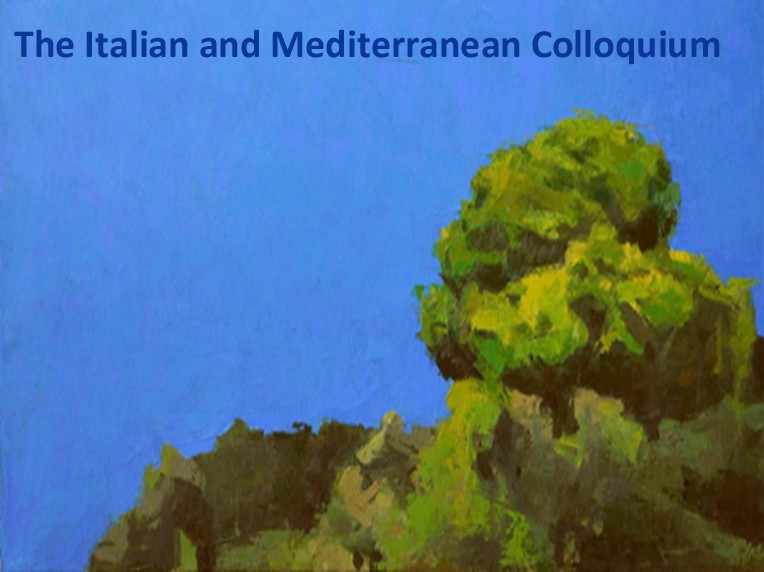Presenter: Antonio Morone (Univesrsità degli studi di Pavia, Italy)
Respondent: Silvana Patriarca (Fordham University)
Moderator: Konstantina Zanou (Columbia University)
The Italian troops in the African colonial empire were rapidly defeated after Italy entered World War II in June 1940. British and Commonwealth troops occupied Addis Ababa in May 1941, while the last Italian forces in Libya were defeated at the beginning of 1943. This paper focuses on the immediate postwar period and, more specifically, on the different stories of the several African soldiers (ascari). Some of them tried to reach Italy in order to escape British military rule, unemployment, economic misery, and political persecution. Others became war prisoners and were subsequently released on Italian soil together with Italian soldiers from elsewhere. In both cases, Italian authorities discouraged the ascari’s attempts to freely move around the Italian peninsula, and they denied their claim to be “African Italian” and their dream to participate in a new post-fascist society. On the contrary, what they did was to “host” the ascari in military camps. At the same time, Italy was also engaged in an attempt to reweave the warp of its old colonial policy in Africa, by means of getting the support of the former colonial subjects and intermediaries, as in the case of the former ascari who in the new international situation were called upon to demonstrate their loyalty to Italy. The twist came on May 1849, when the UN General Assembly did not approve the Bevin-Sforza Agreement, which provided for a division of the former Italian colonies among Italy, UK and France. For the first time after the end of World War II, Italy and Britain declared themselves in favour of independence of their former colonies, leaving France still holding a more regressive position that had become indefensible. As a result, in the new political framework, support of the former ascari became politically pointless, if not problematic, and then quickly overshadowed by their forced deportation to Africa. Based on archival material and private correspondence, the paper will discuss the question of containment (in Italy) versus mobilization (in the former Italian colonies in Africa) of the ascari according to the purposes and goals of a neo-colonial Italian policy.
Sponsored by The European Institute & The Department of Italian.
To RSVP, please email [email protected] and [email protected].
